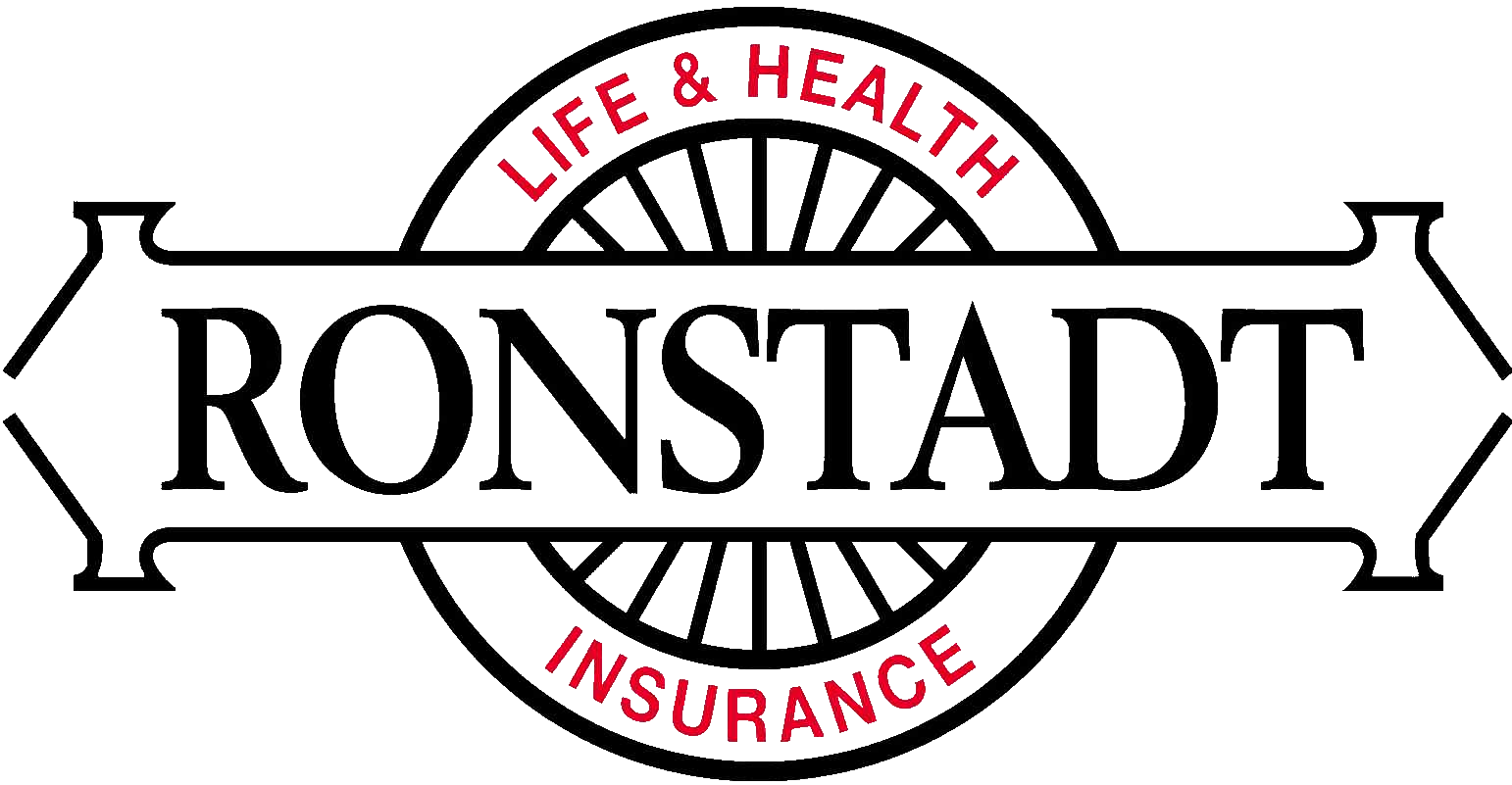Health Insurance
Health Insurance: A Competitive Advantage for Attracting & Retaining Top Talent
Great Benefits Build Great Teams
In today’s competitive job market, salary alone isn’t enough to attract and keep high-performing employees. Top talent is looking for more—security, support, and a workplace that values their well-being. That’s why offering quality health insurance isn’t just a perk—it’s a powerful tool for recruitment, retention, and long-term business success.
🎯 Why Health Insurance Matters to Employees
When evaluating job offers, employees consistently rank health insurance as one of the most important benefits—sometimes even more important than salary. Here’s why:
-
It provides peace of mind for individuals and their families
-
It reflects an employer’s commitment to employee wellness and stability
-
It reduces the financial burden of unexpected medical costs
-
It shows that a company is investing in its people, not just its profits
Offering strong health benefits sends a clear message:
“We care about your health and your future.”
💼 Why It Matters to Your Business
1. Attract Top-Tier Candidates
Talented professionals often have options. A competitive benefits package, including health insurance, helps your business stand out—and brings the best through your doors.
2. Improve Employee Retention
Replacing an employee can cost up to two times their annual salary. Health benefits reduce turnover by increasing loyalty and satisfaction. When people feel cared for, they stay.
3. Boost Productivity & Morale
Healthy employees are more productive, engaged, and present. Preventive care and wellness services reduce absenteeism and promote a stronger workforce.
4. Strengthen Your Employer Brand
Companies known for excellent benefits gain a reputation as great places to work—attracting top-tier candidates and reducing recruitment costs over time.
✅ The Bottom Line
Providing health insurance isn’t just an expense—it’s an investment in your people and your company’s future. It builds a culture of care, stability, and loyalty that drives performance, innovation, and success.
📞 Want to explore group health plans for your team? Call us today at (520) 721-4848.
Let’s build a benefits package that works for your business—and your people.

















